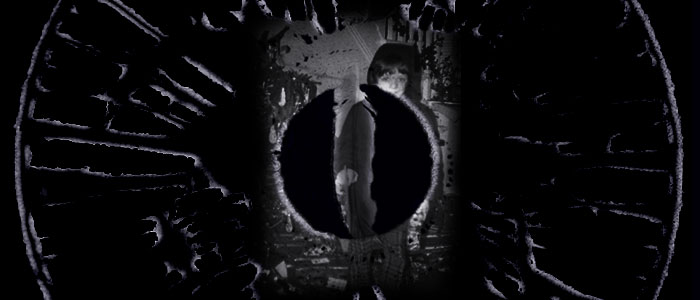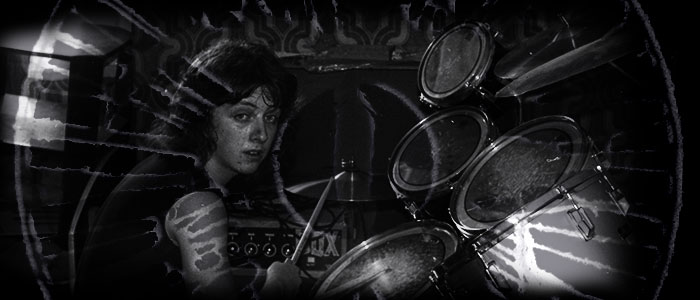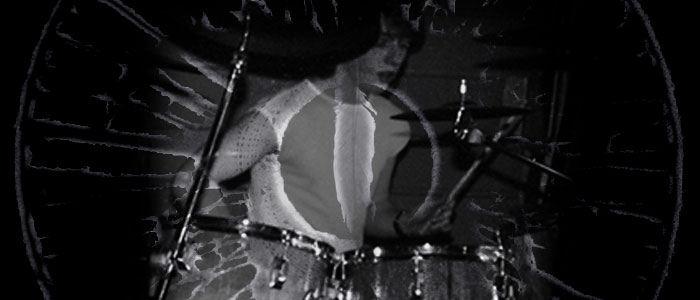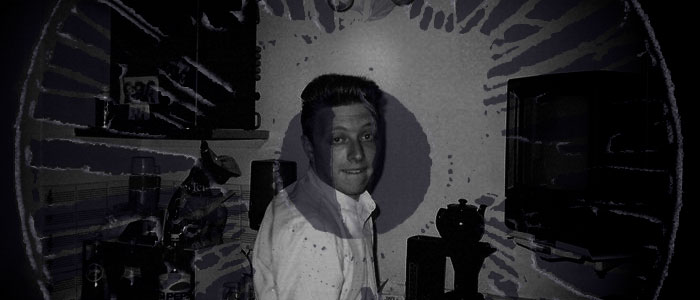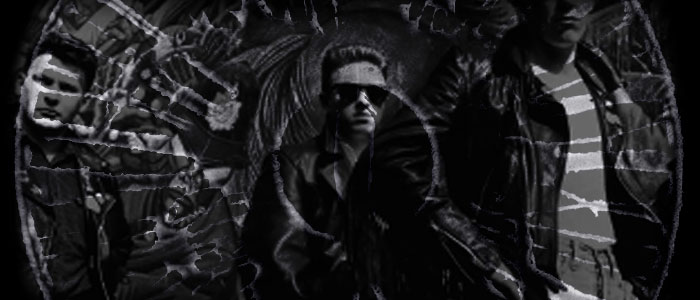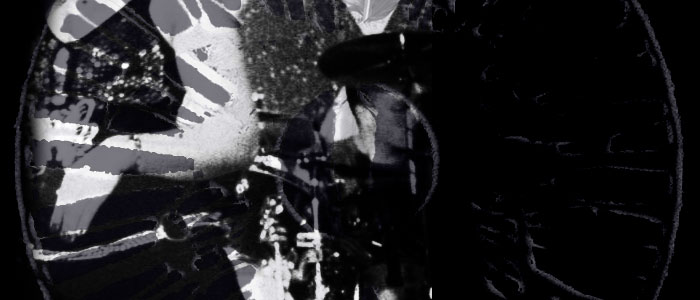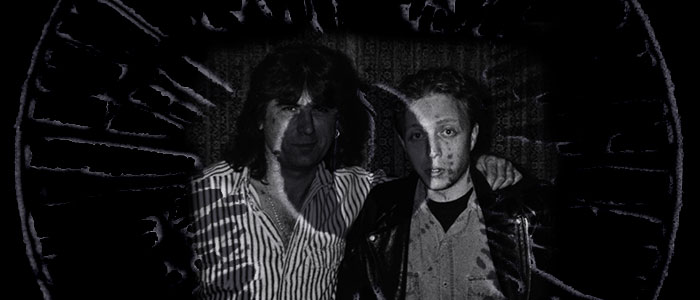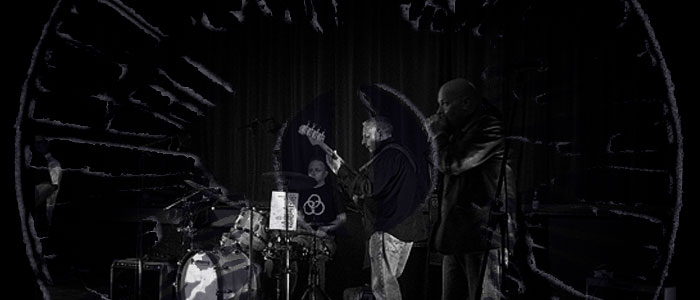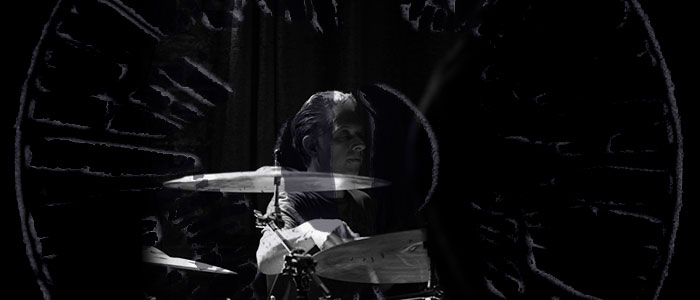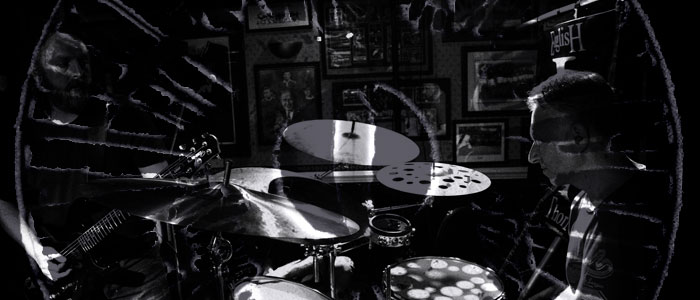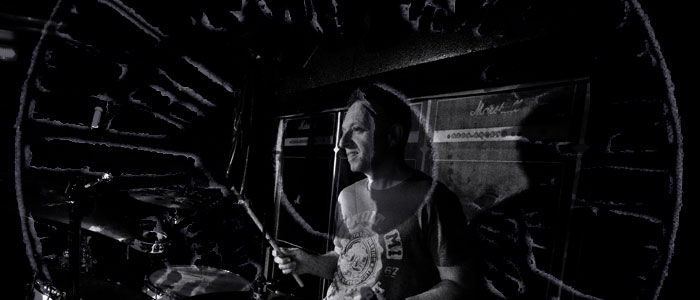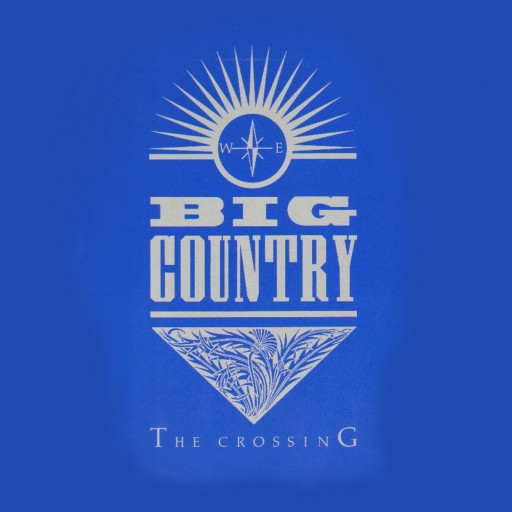 1983 was a year of immense personal change within my so far, brief lifetime. Being a mid teen, my body excelled in throwing mood-swings, courtesy of the hormones that efficiently executed their role of upsetting the DNA apple-cart. The year hadn’t started well either; schoolboy ‘musical differences’ within my band threatening to trash 1982’s progress, plus the departure of my favourite drummer from Iron Maiden made for a miserable January. There was also the matter of discovering girls to accomplish – well, not so much ‘discover’, but more of the hands-on stuff which still seemed to elude me.
1983 was a year of immense personal change within my so far, brief lifetime. Being a mid teen, my body excelled in throwing mood-swings, courtesy of the hormones that efficiently executed their role of upsetting the DNA apple-cart. The year hadn’t started well either; schoolboy ‘musical differences’ within my band threatening to trash 1982’s progress, plus the departure of my favourite drummer from Iron Maiden made for a miserable January. There was also the matter of discovering girls to accomplish – well, not so much ‘discover’, but more of the hands-on stuff which still seemed to elude me.
For the past three years, my world had been immersed in Heavy Rock music and dreams of playing drums as a route to Rock Star status. Typical teen stuff really, but by the end of 1982, the dated misogynistic package Rock music had become was past its shelf-life, especially in the face of Thatcherism and high youth unemployment. The trouble was, none of the bands I listened to actually stood for anything that reflected the lives of my generation. Here we were living under threat of nuclear annihilation and dole queue futures, yet all my current heroes could offer were tales of sexist escapism and constant partying. This bared no reflection on my reality; where was the message of hope coming from to tell us we weren’t going to fall into Armageddon or be forced into exploitation under youth employment schemes?
Thankfully, there was a new breed of music breaking through with bands that also played their guitars loud, but sang about realism rather than vacuously pontificating over sexual conquests and the consumption of hard liquor. The first of these bands to come to my attention were U2, closely followed by Dunfermline exports, Big Country. By the end of the year, I had seen both bands live, fumbled my way through an uneasy girlfriend experience and was looking forward to seeing The Alarm the following January.
Yes, it’s a clichéd guilty pleasure these days to quote the aforementioned bands as early influences, with all that heart-on-the-sleeve ‘passion’ and ‘honesty’ that the music press would use as instant ridicule; but back then, we were a generation without hope or any musical grass-roots connections since the Ska movement of ‘79. So was it any surprise that lyrically rich music sown from Celtic roots and simple optimism would hit home with a disenfranchised demographic? No one was too cool in ‘83 to need heroes and spokespersons; in contrast today, we embrace spoon-fed ‘celebrity’ by a media culture that keeps reinventing some very, broken wheels.
If Bono was a somewhat loose Christian cannon in the mêlée that took place on a weekly basis between music press and artist, it was Stuart Adamson who took matters by the scruff of the neck and shook some no-nonsense anti-bullshit into the fracas, delivering a raw earthiness, beyond misinterpretation by jaded muso-hacks. Having sampled the radio airplay of ‘Fields Of Fire’ and ‘In A Big Country’, I eagerly awaited July’s release of ‘The Crossing’ arriving at my local record shop in blue sleeve. Within the compass-point cover lay an inner-sleeve, filled with line drawings that seemed to have jumped straight out of ‘Whisky Galore’ and ‘The Boys Own Paper’. But the real stories lay within the grooves of the black vinyl that was spun on a near daily basis throughout the summer months of its release.
Here was a rich tapestry of musical landscape, threading yarns of life into visions of cold Celtic struggle – but with a winning streak. Stuart Adamson and Bruce Watson managed to cram two years of frustration and self-motivation into ten, beautifully crafted songs, backed by a highly skilled rhythm section from south of the border. Close your eyes and you could effortlessly visualise grandiose West Highland scenery, or tales of hardship entwined with ancient Scottish customs. Everything was here in the songs, both lyrically and musically. Rolling drums, often militaristic, supported heavily effected guitars that took on the aural soundscape of pipes and fiddles, providing the perfect platform for the soothsayer hiding within Adamson’s song-smith soul. This was a Céilidh ambush making a stealthy entrance through Rock’s unsuspecting back door, way ahead of its time. The alignment of a thousand stars must have been perfect when Steve Lillywhite agreed to take on production duties for these Celtic soul-brothers.
August 83 brought me a train ride up to Helensburgh, Argyle & Bute, to visit relatives. These were the days before MP3 players and affordable personal cassette players, so ‘The Crossing’ (begrudgingly) had to stay at home. My journey to Scotland took in some breathtaking scenery along the West coast, serving to evoke every song from the album into my mind, train-track and subconscious soundtrack in unison, enhancing audio-visual experience beyond second-class British Rail travel. It had taken less than four weeks for Adamson’s long-player to root itself to the inner-sanctum of my musical psyche; such was the richness of this debut offering.
Having missed the band’s June UK tour and their visit to Liverpool in July for ‘Larks In The Park’ at Sefton Park (girlfriend things taking precedence), my thirst for seeing Big Country live was finally slaked in September on their ‘Crossing The Fall’ tour. With rumours abound that they stayed behind to meet fans after gigs, I persuaded an accompanying friend to risk missing our train home on chance of getting through the stage door, which to our disbelief, materialised. Having formed an orderly queue, every fan got to meet and greet the band, in so doing, breaking down the walls of exclusivity that other artists seemed to actively promote. Definitely one of those “did that just really happen?” moments, which we experienced later on the ‘Steeltown’ tour.
After ‘The Seer’, my interest in the band began to wane – not that I began to dislike them, it’s just that as a musician, you naturally move on to taste fruit from different vines. It was always nice to see them active in their original lineup and though disappointing, quite understandable to see Stuart eventually declare Big Country ‘on-hold’ and move on to something new.
Of course, we were never to see the band reunite with Stuart after he tragically succumbed to the suicidal demons that plunged his guiding light into eternal darkness.
Even with the support of family, friends and fans alike, it appears impossible to step back from the brink of self-oblivion, once a final decision has been made to travel to the point of no return. Sometimes, there can be no “stay alive!” This was brought home to me personally after the suicide of a childhood friend, age 44, modus operandi, self-strangulation. The question “why?” is one that eludes any rational answers for those left behind to mourn in the wake of ultimate self-destruction.
Listening to ‘The Crossing’ ten years on from Stuart’s death is a difficult experience, considering the fight and positivity within the songs. The absent legend that is Stuart Adamson leaves a gap where there should be a spokesperson within mature popular music. Who else better to speak out for a generation let down by the financial mismanagement of world economies, at the behest of politicians putting too much power and trust into the hands of glorified gamblers? Who knows what might have happened if Stuart had chosen life? He would have had to ride out years in the wilderness where record companies lost their bearings whilst the download culture rewrote the perceived value of music as a product. It’s a storm he would have survived and come out the other side stronger, in the knowledge that the power to take control of your own destiny without relying on a tired business model with an assumed upper hand had become reality. We might have seen Big Country as a no-pressure cottage-industry, unbeholden to the deadlines of contract obligations that force output at the expense of creativity. They certainly could have had a second career on the now burgeoning Folk festival circuit in an ‘unplugged’ format, stripping back to basics, exposing song-craft at its most intimate. It would have been a perfect platform for Mike Peters to guest with the band, he and Adamson trading musical stories as a collective. It should still be an option without Adamson, as long as there are willing bodies to keep the spirit of his songs alive, in celebration of the life and legacy of an honest man.
For more information about the legacy of Stuart Adamson, please visit his official website as well as the excellent fan website.
